Committed to innovative sustainable practices, this transformational infrastructure project contributes to the University’s sustainability targets and climate leadership.
Through the voices of co-creation, we’ve heard sustainability is a primary concern for students. In response, guiding aspirations of sustainable design, construction and student-led activations have been co-created with students for shared investment in our sustainable objectives.
This approach is recognised as a model for future projects, ensuring lasting and meaningful change towards a more sustainable future.
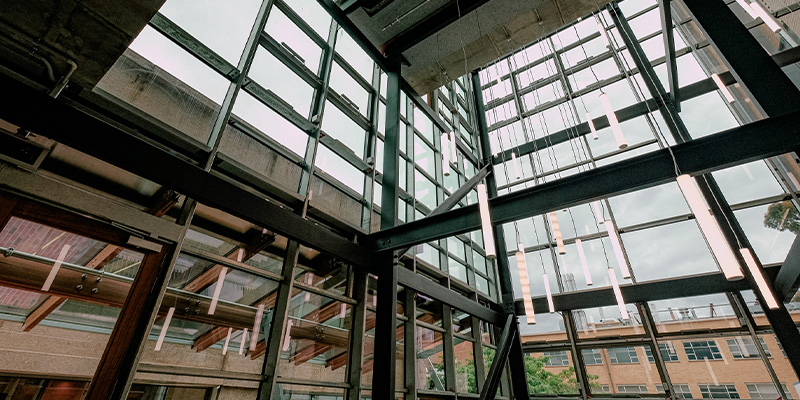
Circular Construction
Innovative sustainability initiatives saw the project adopt a circular economy model throughout construction. From a dedicated soft plastic recycling hub and the reuse of old building materials, to sending truckloads of cleared bamboo to the elephants at the Melbourne Zoo, all waste was treated as a resource and minimised or repurposed where possible. Learn more about the use of sustainable construction in the Student Precinct Project
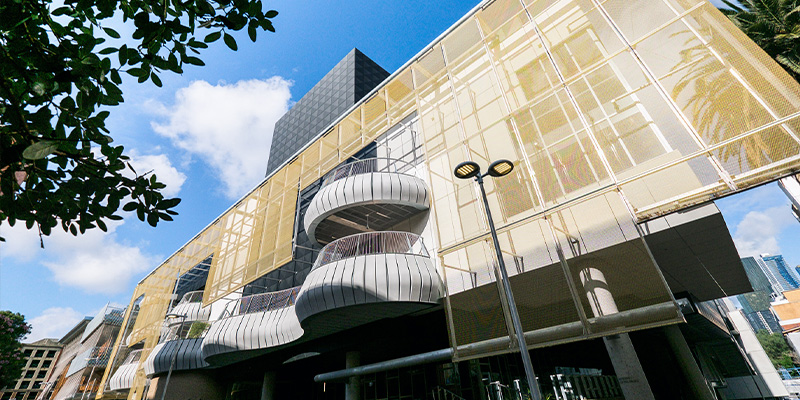
Green Buildings
The co-creation voices told us students care about the University’s carbon footprint. To address these concerns and meet the University’s sustainability targets, all buildings on are designed to achieve a 5 or 6 Green Star Rating from the Green Building Council of Australia. This means we are adopting industry best-practice protocols which reach an Australian, 5 star, or global, 6 star, standard of excellence.
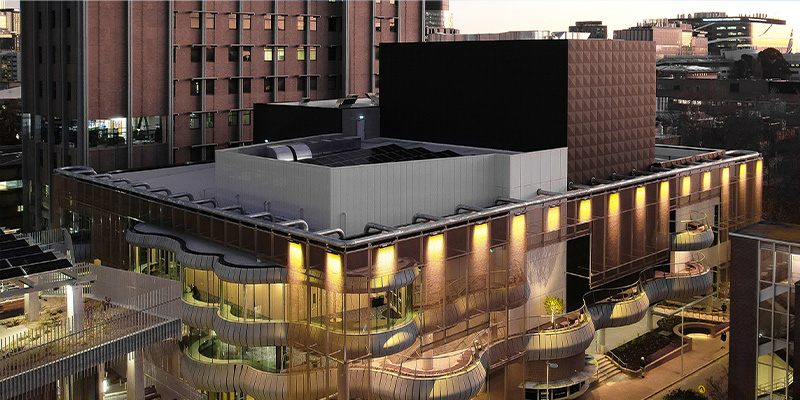
Let there be Light
A 60kWh array of rooftop solar panels sit atop the new and refurbished buildings throughout the site. The energy is fed back into the buildings’ electricity supply and used for powering things like lighting, lifts, heating and cooling. This reduces energy costs and decreases our carbon footprint.
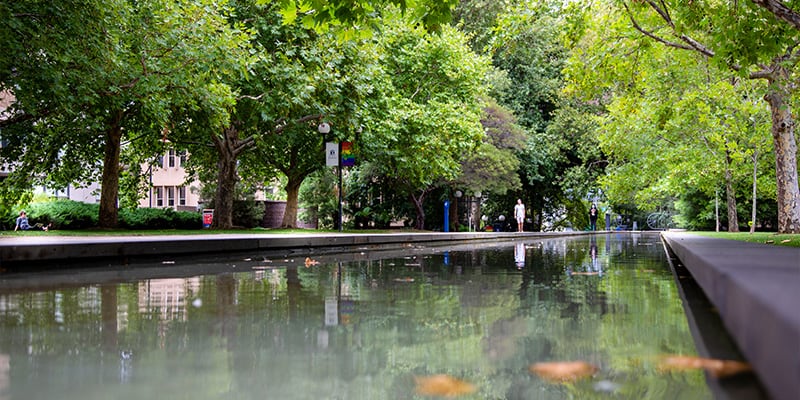
Water Tanks
Hidden beneath the gardens and buildings of the site are water tanks that capture rainwater. This water is used to flush toilets, cool the buildings’ air conditioning system and irrigate the landscape. There's also a reserve tank for fire protection purposes.
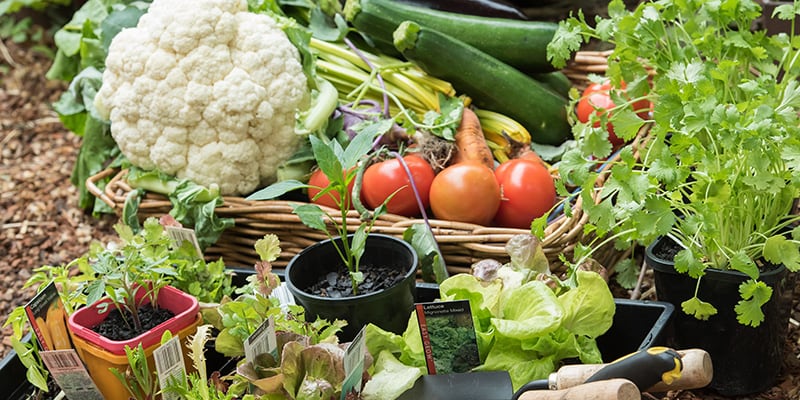
On our way to Zero Waste
Scattered across the surrounds are green organics bins to divert food and organic waste from landfill. Green waste is also captured from our retailers and fed into an onsite food-waste processor. This processor converts green waste into a fine material that, once matured, is used as an additive for compost, making us one step closer to a no waste space.
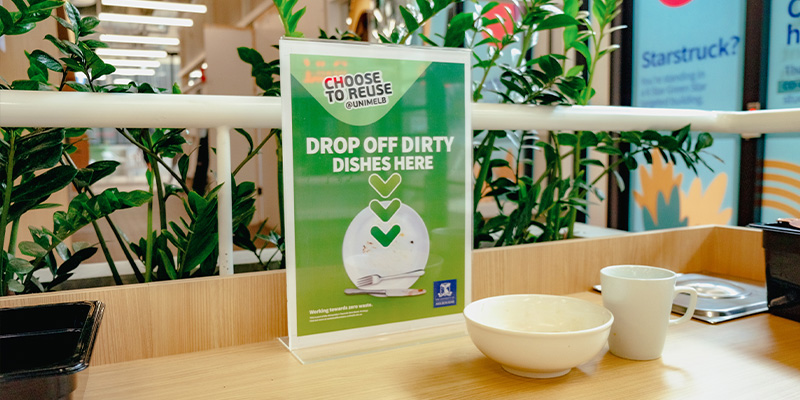
Single-use Plastic Free
You won’t find any disposable plastic bags, takeaway food containers, cutlery or straws here! Ceramic bowls, plates, stainless steel cutlery and reusable coffee cups have replaced single-use plastics. The new plastic-free food and beverage offerings are one of the recent, major steps in the University reducing its contribution to plastic pollution.
Learn more about Choose to Reuse
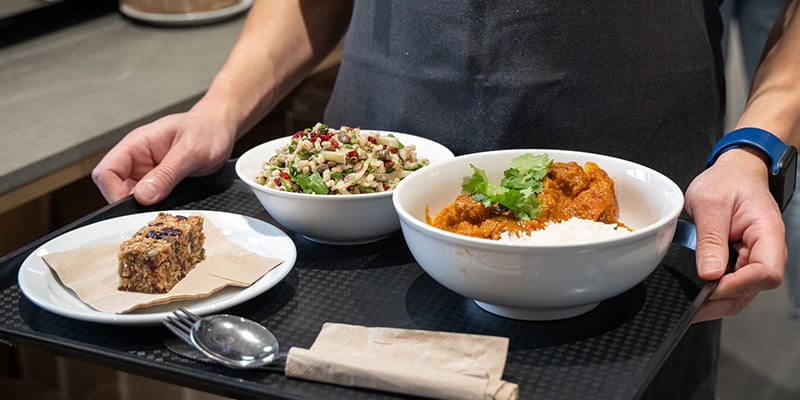
Reducing our Impact
Through the voices of co-creation, we heard that students wanted to create an environment for healthy, fair and sustainable food options. We’ve introduced more vegan and vegetarian options, from a variety of cuisines and price points, to reduce our environmental impact. Now it’s easier than ever to eat green.
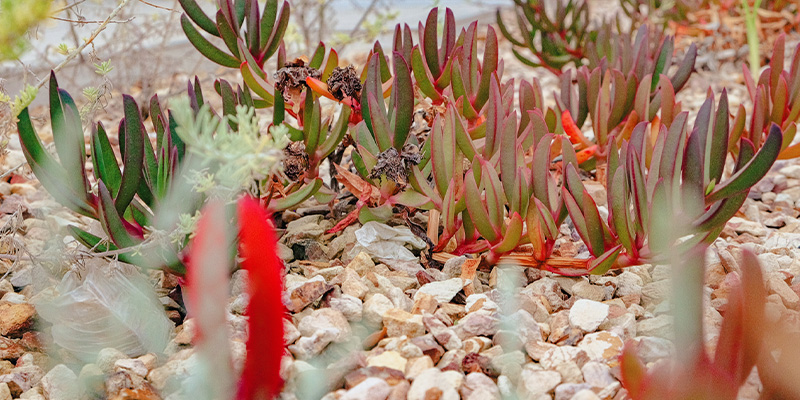
Indigenous Planting
The species selection process across the site involved careful curation of culturally significant plants, breathing new life into the Parkville campus and promoting cultural learning and reflection. Plants from all 45 Indigenous language groups represented among the University’s student cohort are planted throughout the landscape, holding cultural and ecological importance.
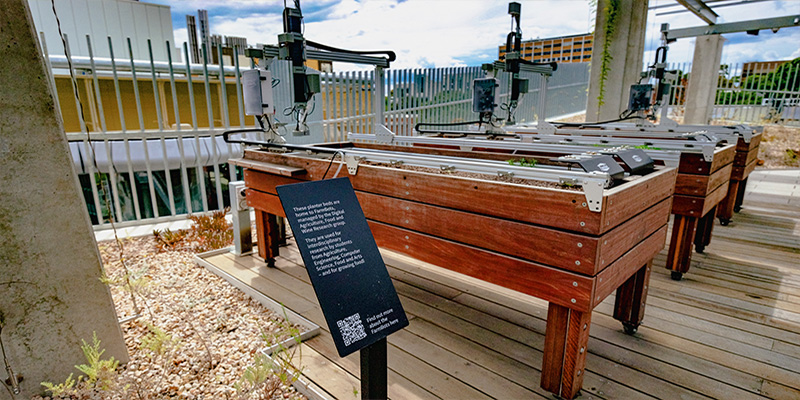
Robotic Farming
The sunny rooftop terrace of the Student Pavilion houses three Farm Bots. Managed by the Digital Agriculture, Food and Wine research group, they are used for interdisciplinary research by students from Agriculture, Engineering, Computer Science, Food and Arts – and for growing food!
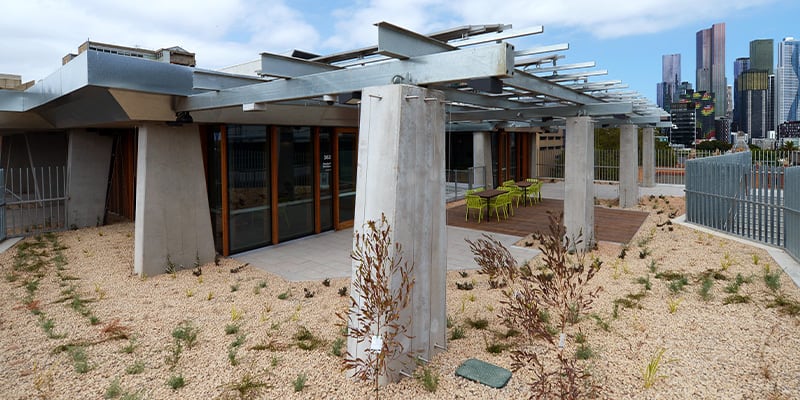
Indigenous Kitchen Garden
Within arm’s reach of the Student Kitchen on the rooftop terrace of the Student Pavilion is the Indigenous Kitchen Garden. Home to a host of edible and educational Indigenous plants and bush foods for consumption and use by students, the rooftop garden sprawls all around the Level 4 rooftop and features only Indigenous plants.
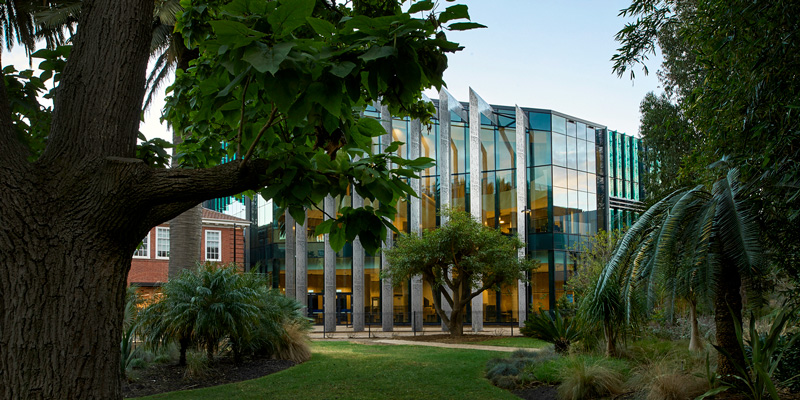
Sustainability at Melbourne
As a public spirited, globally-connected research institution, the University of Melbourne has a responsibility to lead and act on the critical challenges of global sustainability in a changing climate.